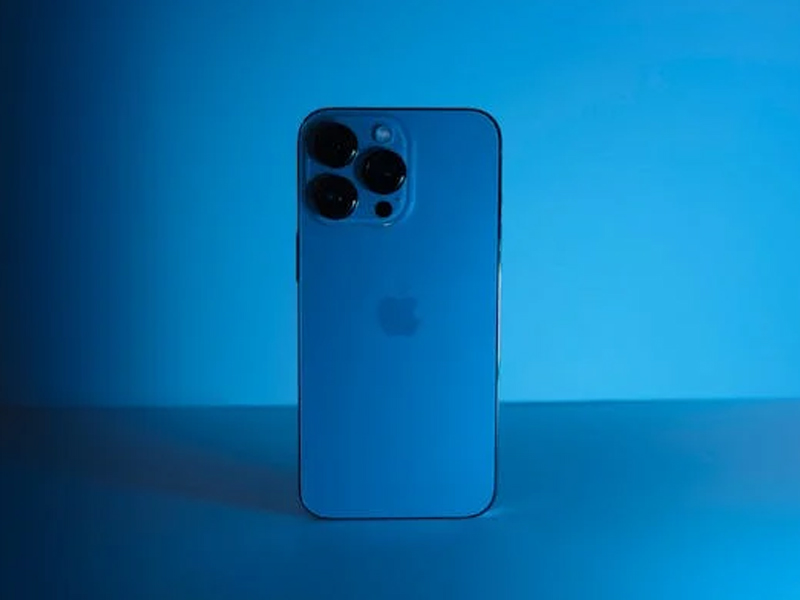LG Optimus 2X & NVIDIA Tegra 2 Review: The First Dual-Core Smartphone
Mobile Technology
 2011 is going to be a year dominated by multi-core smartphone launches, but there always has to be a first. So just like that, we have our first example of said category of smartphone, the LG Optimus 2X, with Nvidia’s dual-core 1 GHz Tegra 2 AP20H at its heart. The Optimus 2X (simply the 2X henceforth) hasn’t changed much since we saw it at CES – the hardware is aesthetically the same, and software at first glance is the same as well. We weren’t able to publish benchmarks at that time purely because LG hadn’t finalized the software build on that test hardware, but we definitely can do so now.
2011 is going to be a year dominated by multi-core smartphone launches, but there always has to be a first. So just like that, we have our first example of said category of smartphone, the LG Optimus 2X, with Nvidia’s dual-core 1 GHz Tegra 2 AP20H at its heart. The Optimus 2X (simply the 2X henceforth) hasn’t changed much since we saw it at CES – the hardware is aesthetically the same, and software at first glance is the same as well. We weren’t able to publish benchmarks at that time purely because LG hadn’t finalized the software build on that test hardware, but we definitely can do so now. You Might Be Interested In:
Frequently Asked Questions?
01
Tech news
Gatherings Just Got Easier: WhatsApp Communities Now Have Built-In Event Planning
May 5, 2024

01
Mobile Technology
iPhone Repair Just Got Easier: No More Disabling Find My Before Service
May 4, 2024

01
Tech news
Tech for a Greener You: Apps to Empower Your Sustainable Lifestyle
May 3, 2024

01
AI & ML
Meta Llama 3: Jack of All Trades, Master of None (But Still Free!)
May 1, 2024
SUSBSCRIBE TO OUR NEWSLETTER
Join our subscribers list to get the latest news and special offers.
Gatherings Just Got Easier: WhatsApp Communities Now Have Built-In Event Planning
iPhone Repair Just Got Easier: No More Disabling Find My Before Service
Tech for a Greener You: Apps to Empower Your Sustainable Lifestyle
Tesla’s Robotaxi: A Driverless Future on the Autobahn (or Freeway)?